ABB APOW-01 CODE 64493663B Inverter Communication Board
The ABB APOW-01 CODE 64493663B Inverter Communication Board is designed for high-speed, reliable communication in industrial automation systems. It seamlessly integrates with ABB’s advanced inverter technology, providing a robust interface for control and monitoring functions.
Detailed content
Brand:ABB
Model:APOW-01
Code:64493663B
Module Category:Inverter Communication Board
Operating Voltage:230 V AC
Communication Protocol:Modbus RTU
Operating Frequency:50 Hz
Max Data Transfer Rate:1200 bps
Number of Inputs:1
Number of Outputs:1
Weight:0.2 kg
The ABB APOW-01 CODE 64493663B Inverter Communication Board is engineered to enhance operational efficiency and reduce downtime in complex industrial environments. With its high-speed data transfer capabilities and precise signal processing, it ensures seamless integration with ABB‘s leading inverter solutions.
Featuring an operating voltage range of 24V DC, this board is versatile enough to operate in a wide variety of industrial settings. Its MODBUS RTU communication protocol supports a broad spectrum of control applications, making it compatible with various industrial automation systems.
Equipped with up to 256 I/O signals, the APOW-01 CODE 64493663B offers ample flexibility for managing diverse industrial processes. Its temperature and humidity resistance ensure reliability in harsh environments, backed by international certifications for safety and quality assurance.
This communication board is designed for seamless installation and maintenance, with easy-to-follow guidelines provided for quick setup. Its robust construction and efficient power management contribute to a longer lifespan, making it a cost-effective investment for long-term industrial use.
To optimize performance and minimize maintenance requirements, ABB offers comprehensive technical support and a wide range of accessories tailored to complement the APOW-01 CODE 64493663B. This ensures that users can fully leverage the board’s capabilities, enhancing productivity and system reliability across various industrial sectors.
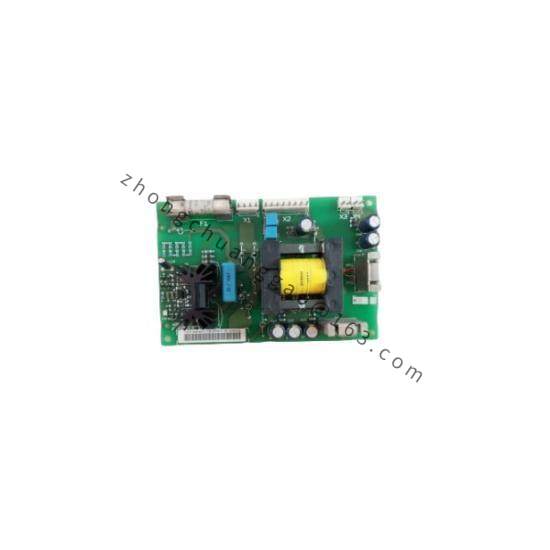
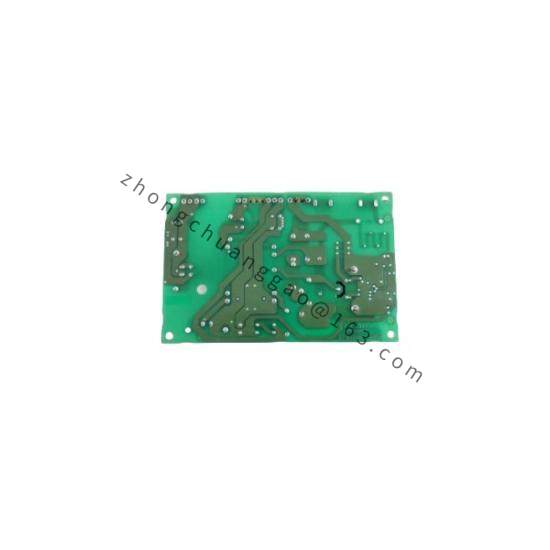




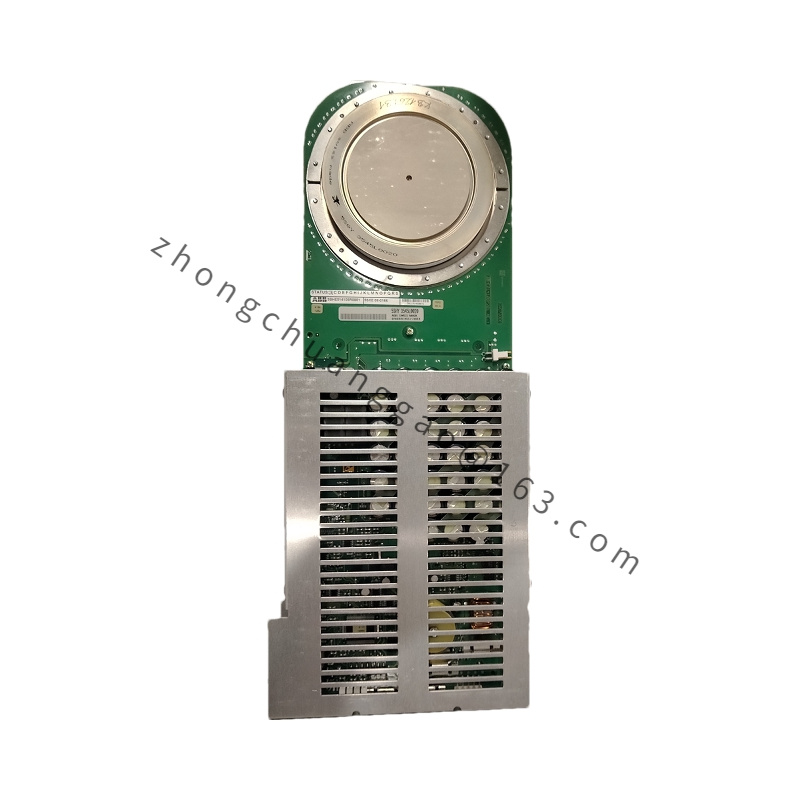
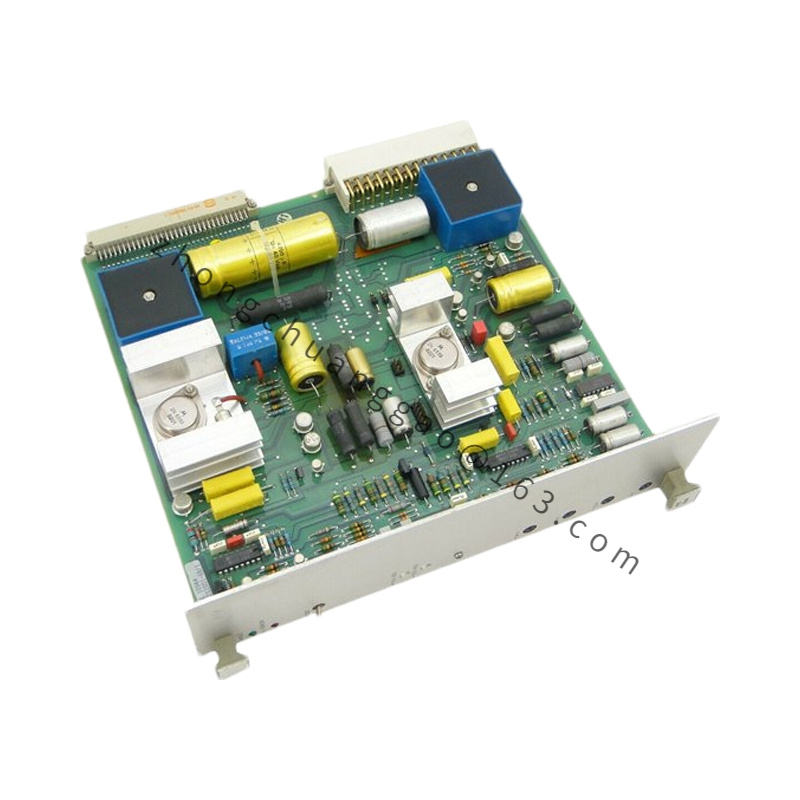

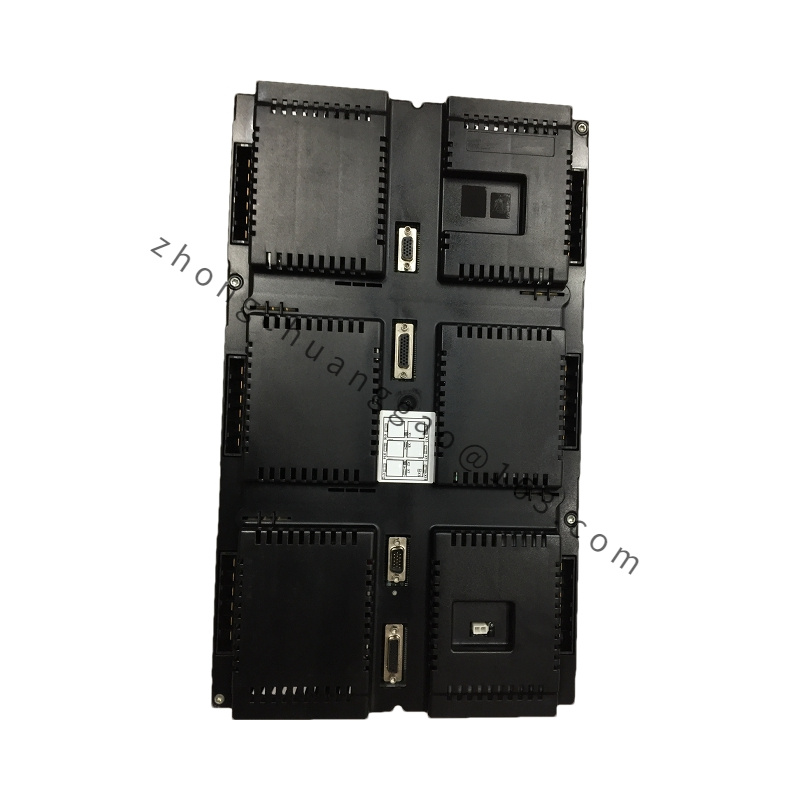
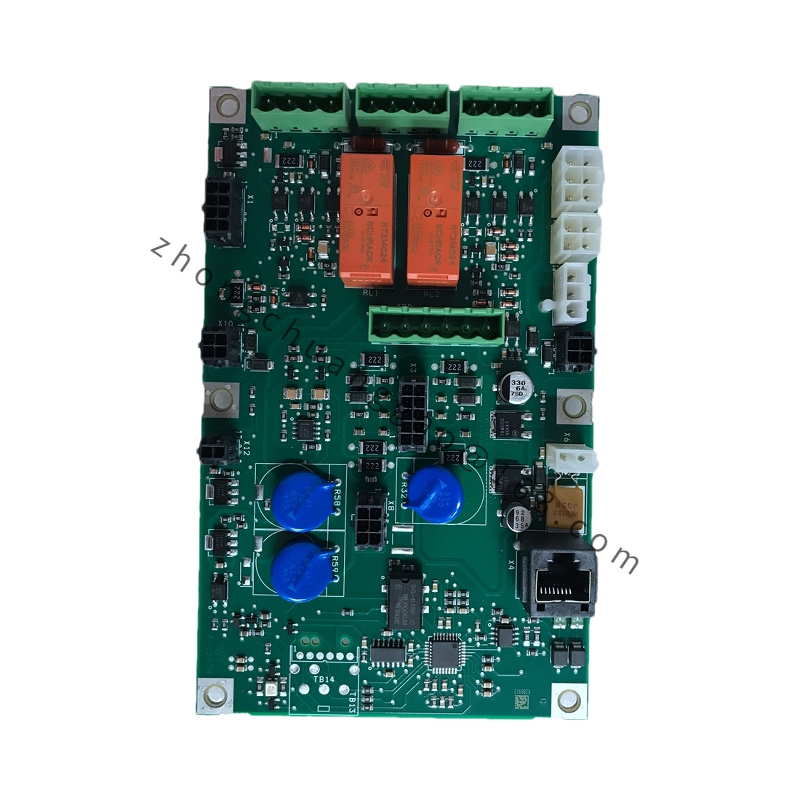
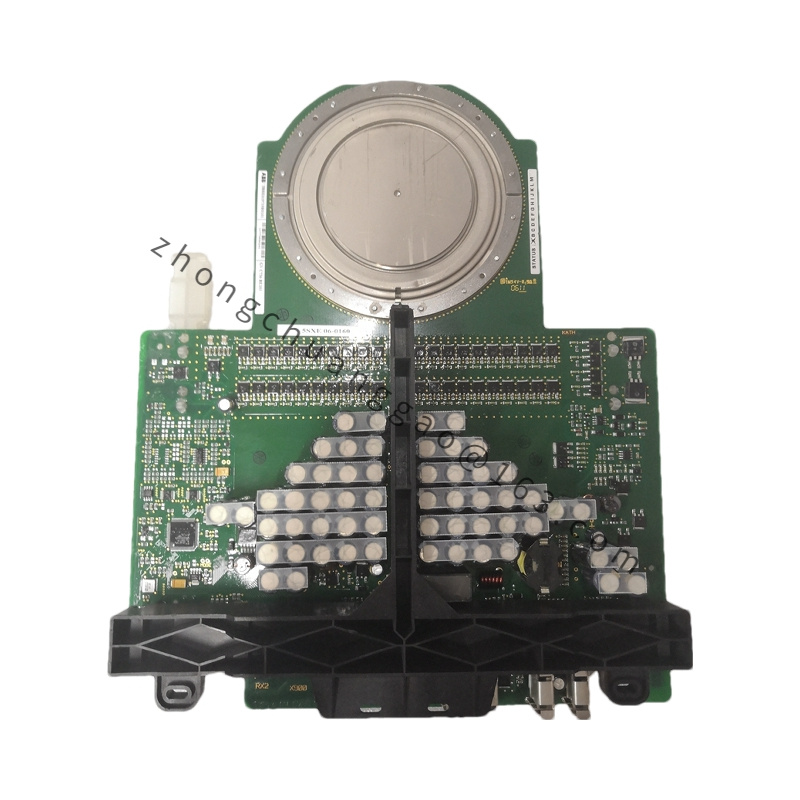
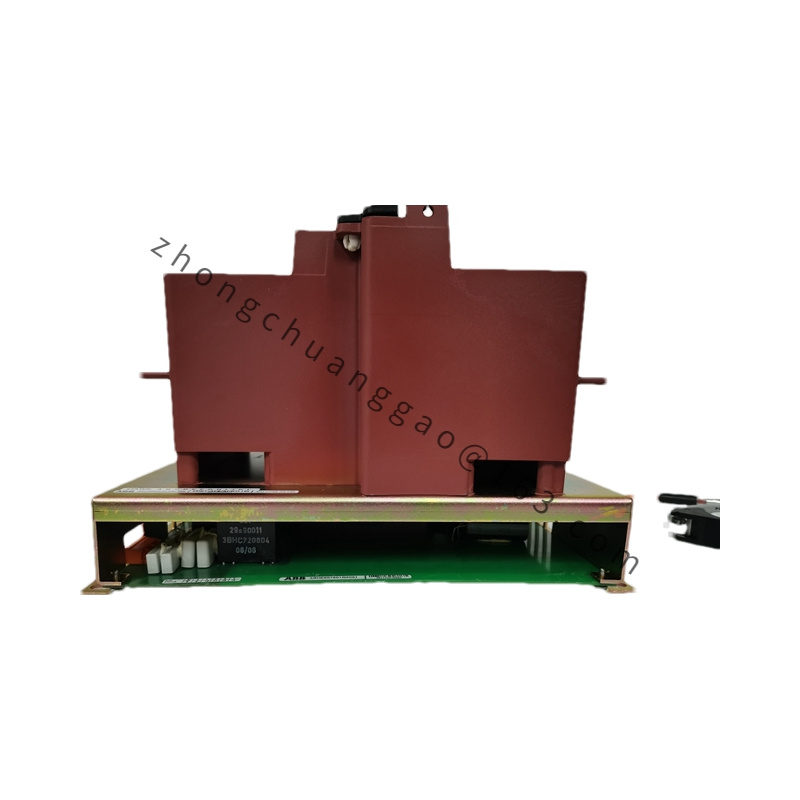
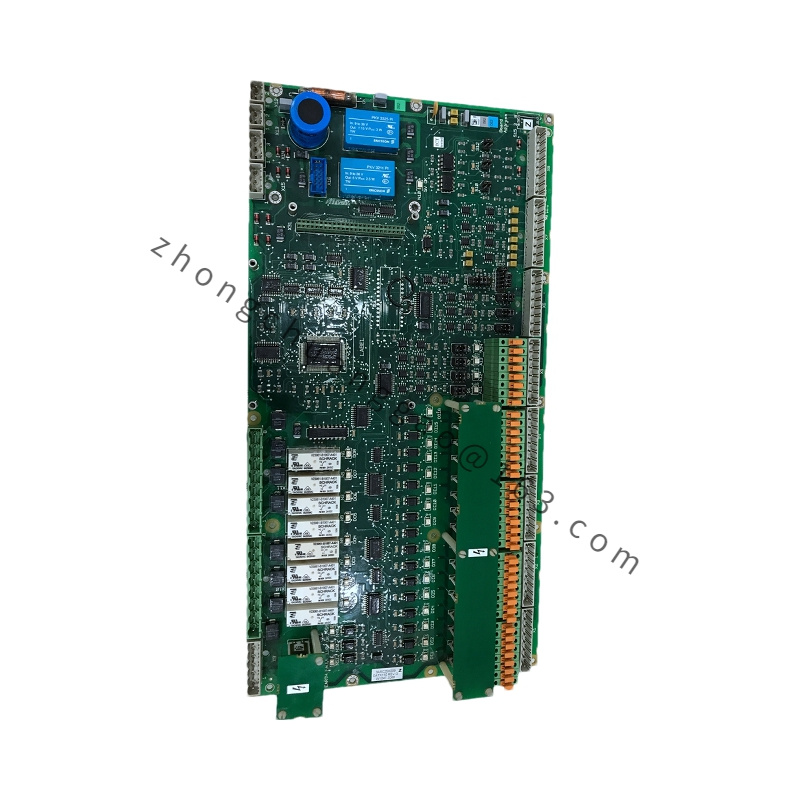
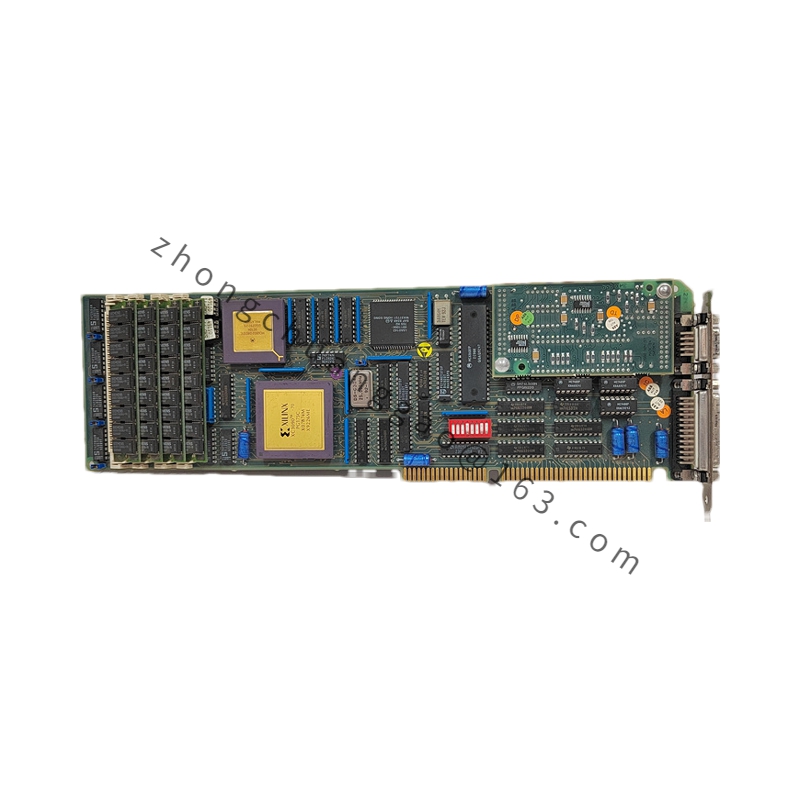
.jpg)
.jpg)